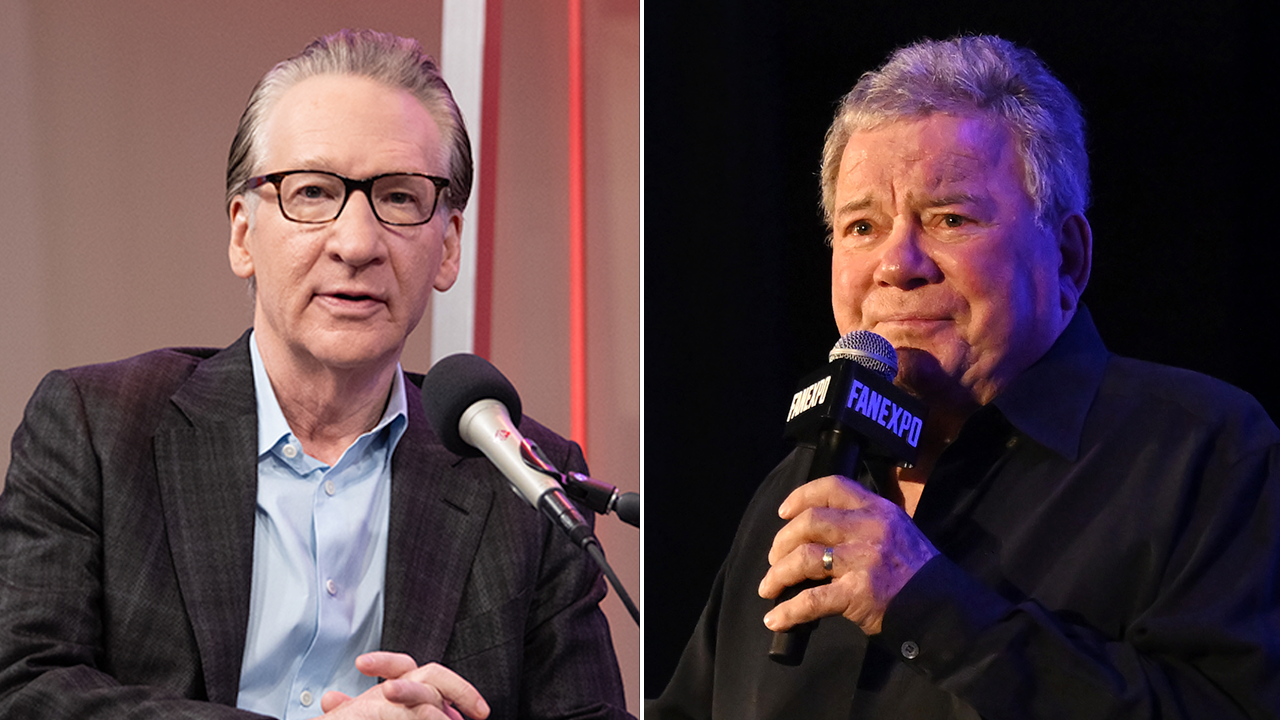Nov 18 (Reuters) – The 2024 U.S. election proved that regulatory fears of trading-related election manipulation are overblown, a lawyer for derivatives trading platform Kalshi told me in an interview on Monday.
There is, of course, salient context for his hot take.
But more broadly, said Kalshi counsel Josh Sterling of Milbank, the CFTC is just plain wrong when it insists that election-based trading will damage the integrity of U.S. elections, or, at least, the perception of election integrity.
Instead, Sterling said, “The markets have proved to be quite valuable to the public,” citing news reports that prediction markets offered a more accurate reflection of the true state of the presidential race than public polls.
“Markets,” Sterling said, “are powerful engines for divining the truth.”
The agency did not respond to my query on Kalshi’s brief at the D.C. Circuit, but it has argued since its 2023 rejection of Kalshi’s proposal to offer futures contracts predicting which U.S. political party would control Congress that election-based trading deepens the risk of election manipulation. The agency’s opening brief to the D.C. Circuit suggested a couple of troubling prospects: Partisans might invest in prediction markets to manipulate public perception of the state of the race; or investors hoping to lock in profits from their trades might spread misinformation to impact election outcomes.
The CFTC is not alone in its fears. Its appellate brief noted that when it invited public comment on Kalshi’s bid to offer derivatives tied to election results, seven U.S. Senators and more than 600 other commenters “expressed grave concerns about the impact on the integrity of elections.”
The agency and commenters backing its position also noted that allowing election betting would force the CFTC to police the market for attempts to interfere with the election — an area that, the CFTC concedes, “falls well outside” its expertise and statutory mandate.
Interestingly, the public’s interest — or lack thereof — in election-outcome trading is addressed only glancingly in the briefs to the D.C. Circuit, which instead focus intensely on the language of the statute empowering the CFTC to withhold approval of a narrow category of derivatives contracts.
The law says that the agency has the power to bar derivatives based on the occurrence of certain illegal events. The statute specifically cites derivatives predicting terrorism, assassination, war or “gaming.” It also includes a catch-all provision for derivatives based on the occurrence of an “activity that is unlawful under any federal or state law.”
If a proposed derivative contract falls into any of those buckets, the statute says, the CFTC can evaluate whether trading would serve the public interest.
The CFTC argues that Kalshi’s election market trades run afoul of both the gaming and unlawful activity prongs of the statute and must be prohibited because they serve no redeeming public interest.
Betting on election outcomes, the CFTC says, is “gaming,” as dictionaries define that word, and its synonym, gambling. And because it’s illegal in several states to bet based on the outcome of elections, the CFTC contends, Kalshi’s derivatives are alternatively barred because they’re based on illegal conduct. (I’m streamlining extremely nuanced statutory arguments but that’s the gist.)
Kalshi has so far beaten the CFTC with a veritable buffet of counter arguments. The CFTC, it contends, is misreading the statute’s use of the word “involve” to argue that trades predicting the outcome of an election involve gaming. In fact, Kalshi says, its derivatives “involve” federal elections, not sporting contests, illegal terrorist activities or wars.
Moreover, Kalshi contends, gaming means a sports contest, like the Kentucky Derby or the World Series, not an election. And federal laws regulating derivatives, it said, pre-empt any state laws regulating gambling.
Kalshi asserts that the courts need not address the public interest in the election prediction market because the CFTC has no statutory power to regulate election-outcome trades. It nevertheless argued that the derivatives serve a public interest by allowing traders such as green energy companies and cannabis companies to hedge against an election outcome that undermines their prospects, just as the owner of a beachfront property in Florida might hedge against hurricane losses by betting on the occurrence of a catastrophic storm.
Ultimately, said Kalshi counsel Sterling, the CFTC simply has no statutory right to bar the platform from offering trades predicting the outcome of U.S. elections.
“It’s not the government’s business to try to get inside traders’ heads,” he said. “The law doesn’t prohibit these trades and in this country, we are allowed to do what the law does not prohibit.”
There’s an outside chance that the D.C. Circuit might not get to decide if Sterling and Kalshi are right. Oral arguments in the case have not yet been scheduled, which means that there will be a change in presidential administrations before the appeal is heard.
I asked Sterling whether the incoming Trump administration might have a different view of the CFTC’s right to regulate Kalshi’s offerings. He declined to comment on whether his side has been in touch with officials on President-elect Donald Trump’s transition team.
Read more:
Sign up here.
Our Standards: The Thomson Reuters Trust Principles.
Opinions expressed are those of the author. They do not reflect the views of Reuters News, which, under the Trust Principles, is committed to integrity, independence, and freedom from bias.












